
Behind TTP Mergers: Security Dynamics for Pakistan
The recent surge of mergers within the Tehreek-e-Taliban Pakistan (TTP) paints a concerning picture for Pakistan’s security landscape.

The recent surge of mergers within the Tehreek-e-Taliban Pakistan (TTP) paints a concerning picture for Pakistan’s security landscape.

What might be the far-reaching implications of the speech by Afghan Taliban’s Supreme Leader on global affairs and societal norms?

Following a militant attack on the Gwadar Development Authority Complex, the notion of Baloch missing persons has been severely debunked. This attack, carried out by
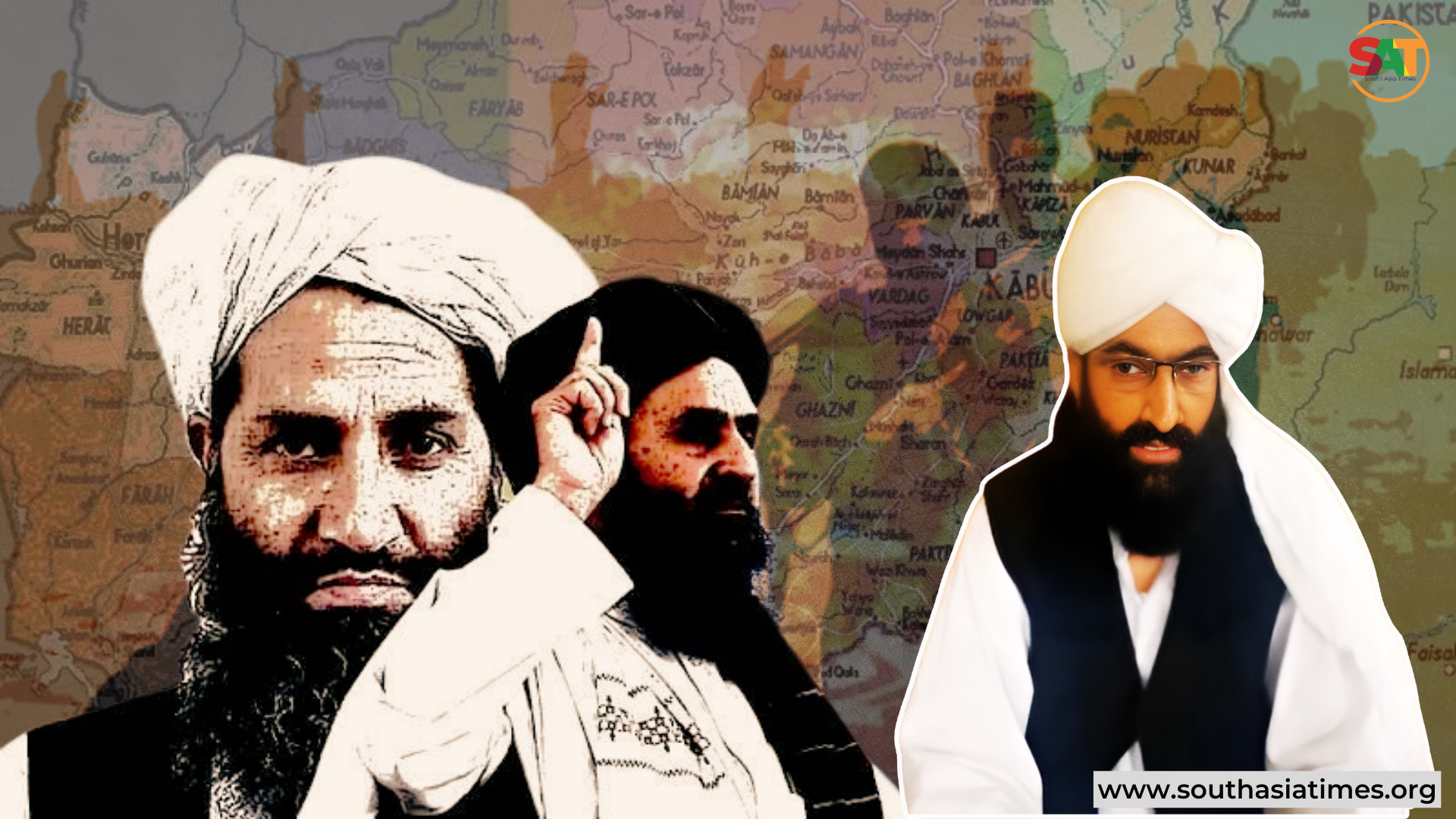
Is it fair for Pakistan alone to tackle the TTA’s support of recognized terrorist groups, or should other countries also step up?
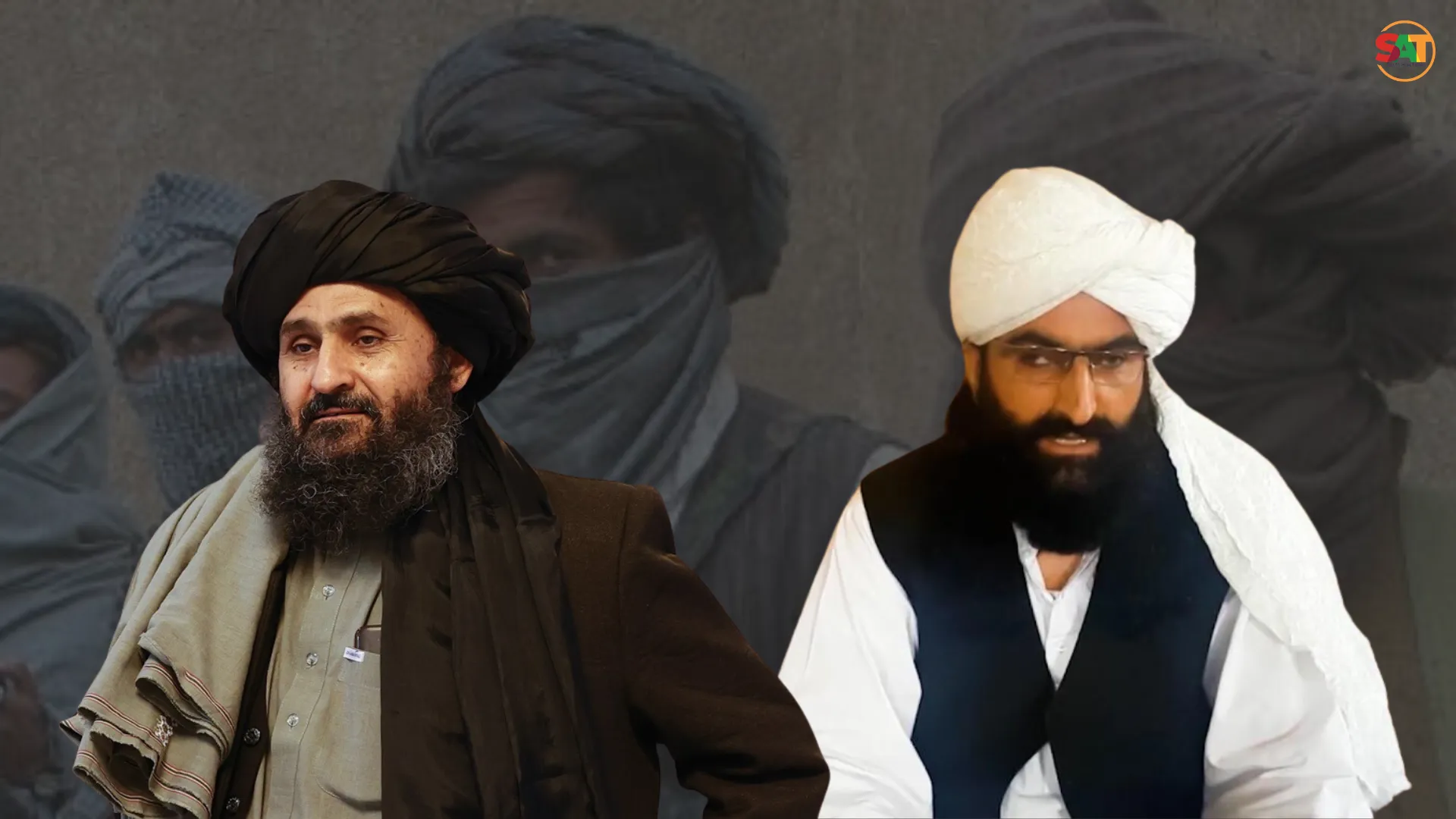
The UNSC Monitoring Team’s 32nd report underlines that the IEA\’s support for the TTP grows with each passing year, as do its capabilities and capacity.
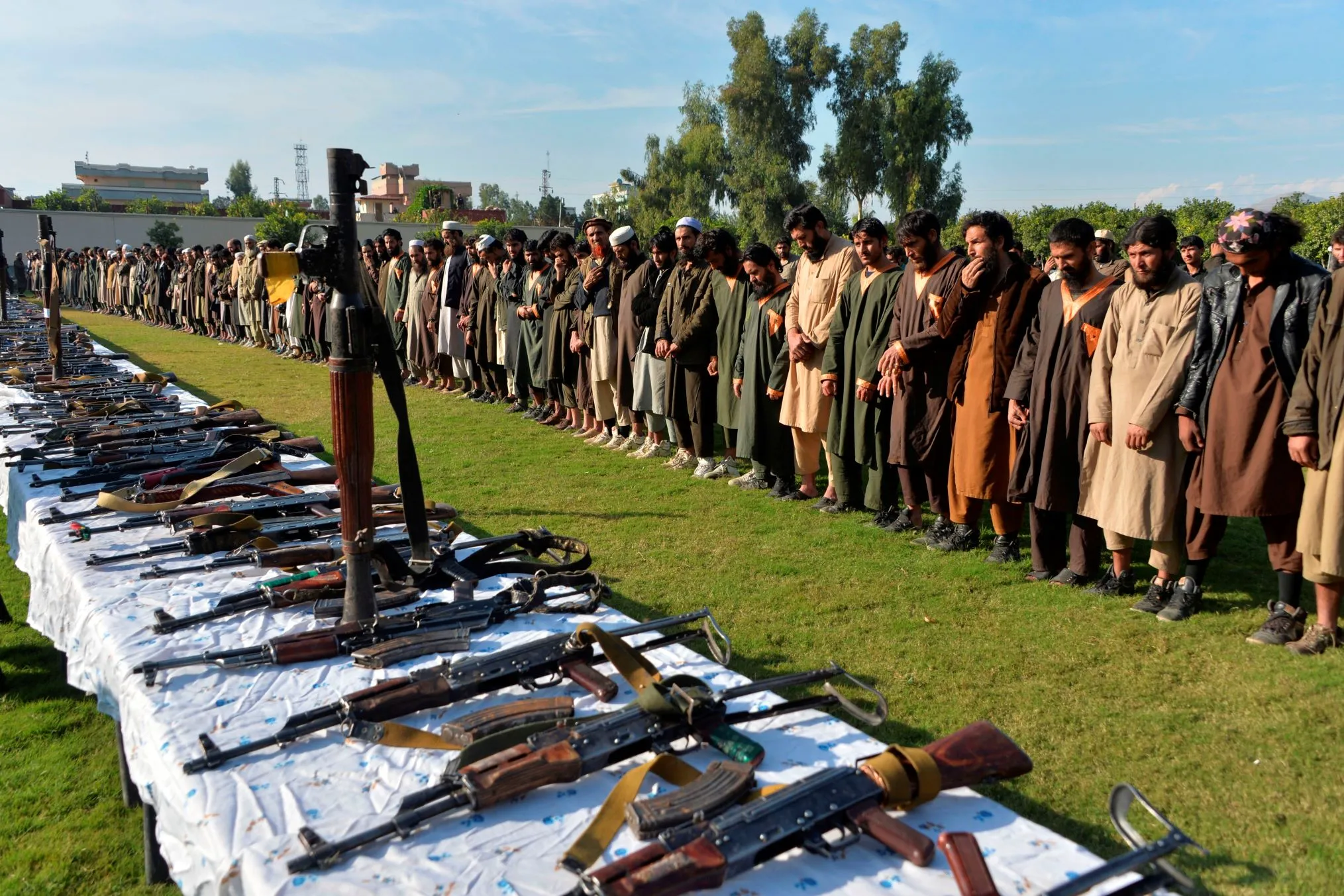
Terrorist organizations such as TTP, ISKP and IMU, operating in South and Central Asia, are the significant strategic barriers to regional connectivity.
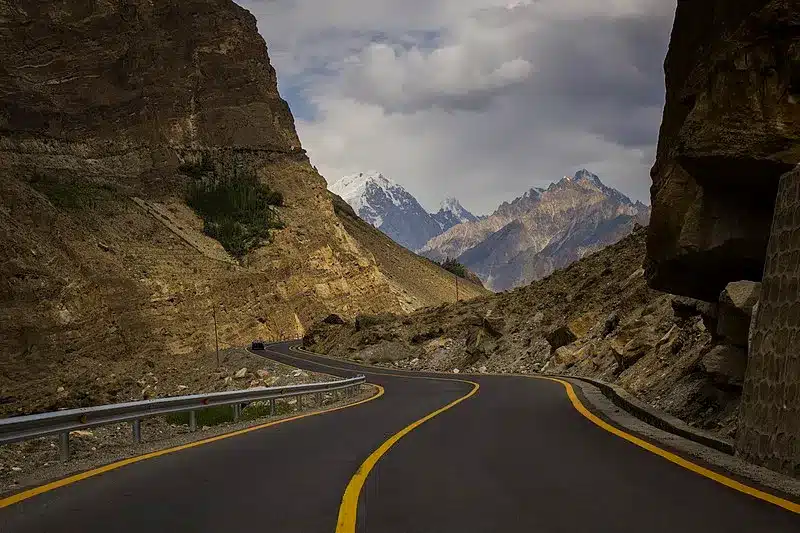
People of Gilgit Baltistan are receptive to the opportunities that CPEC has to offer but concerns pertaining climate and environmental risks posed by infrastructure as well as increasing tourism influx need addressal.
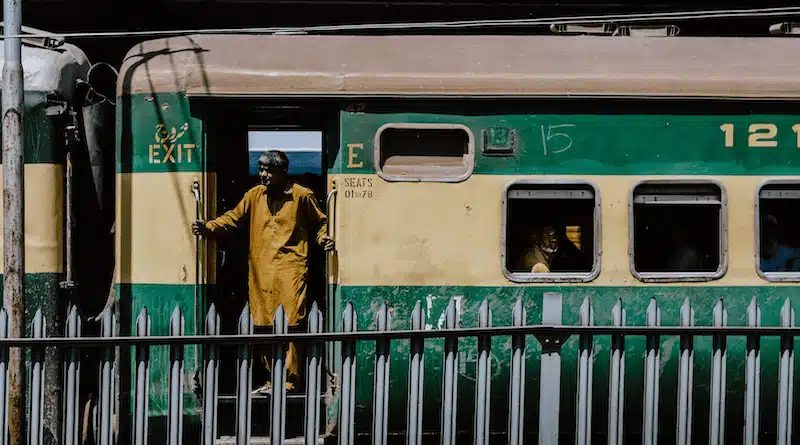
Communities united by religious beliefs and divided by borders have a chance to connect back through the grand CPEC, speaking of Pakistan\’s Gilgit Baltistan and China\’s northwest. Sustainable livelihoods, education, and health facilities can help eradicate religious extremism also.

In addition to the local factors that have contributed to the emergence of various terrorist groups in Pakistan, the evidence of foreign influence, particularly from India and Iran, is too substantial to be dismissed.
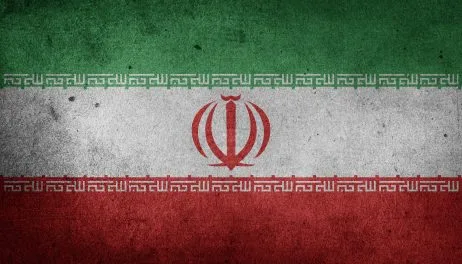
While Iran\’s tacit assistance of terrorist groups in neighboring countries exacerbates the suffering of Pakistan and the South Asian region, insurgents and terrorist groups are challenging to put an end to as long as they have sanctuaries nearby.